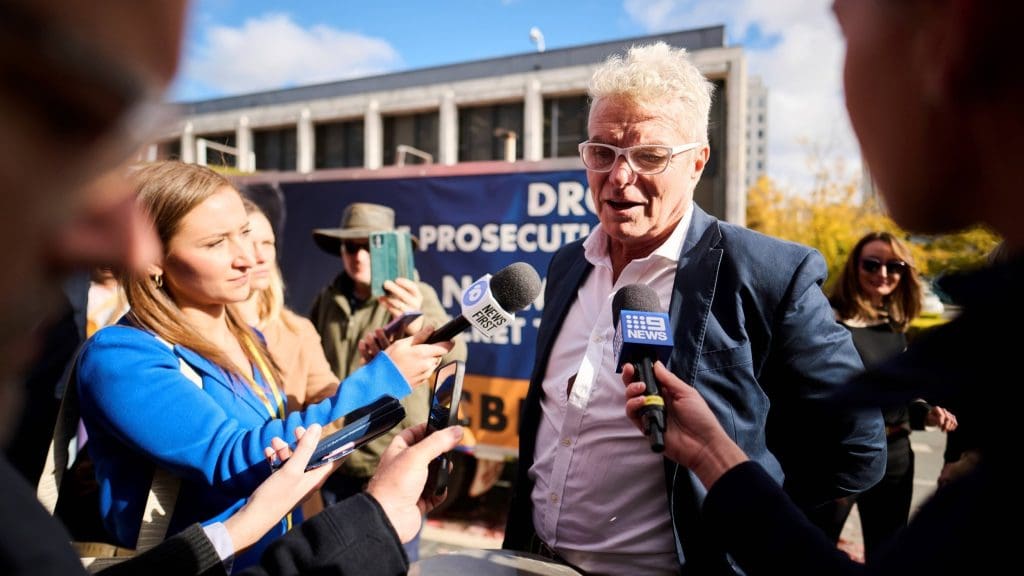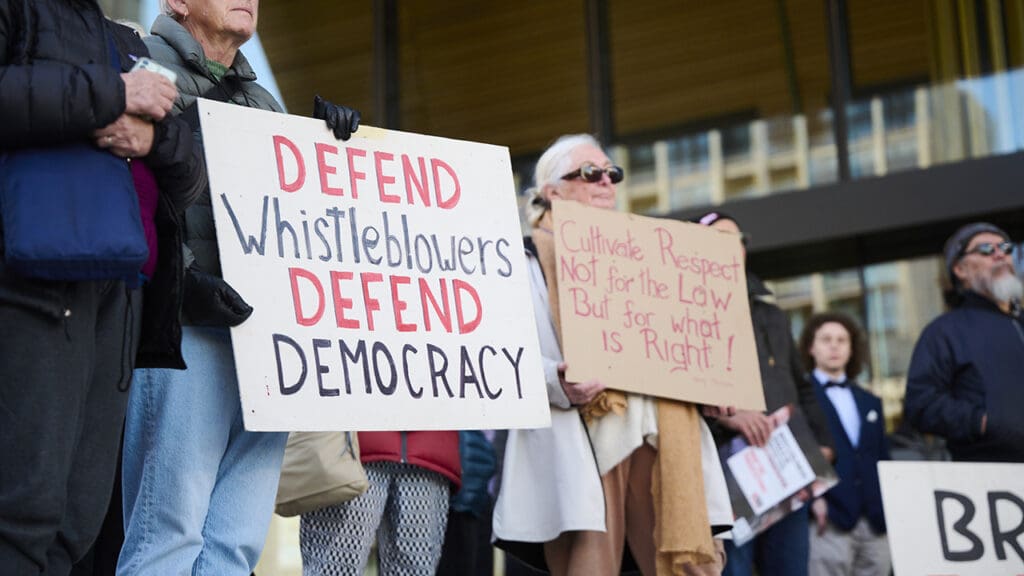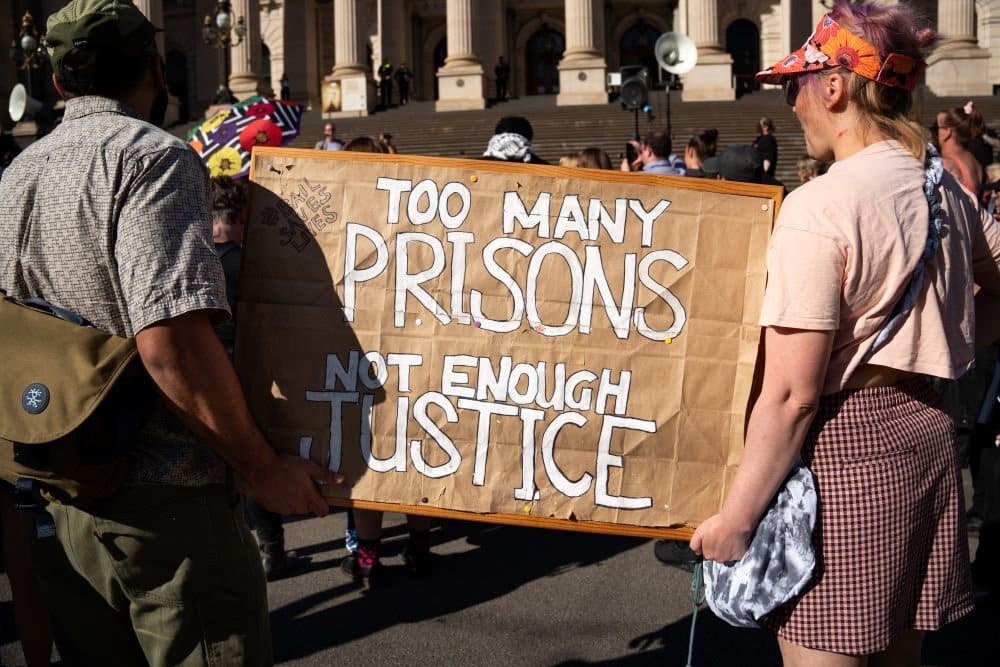No more harassment at the doors of abortion clinics for NSW women
For the first time in 15 years, women attending the Surry Hill’s reproductive health clinic did so today without being harassed, intimidated or filmed.
Safe access zones have become a reality around clinics that provide abortions in New South Wales, after the Public Health Amendment (Safe Access to Reproductive Health Clinics) Act 2018 entered into force.
Paul Nattrass, Practice Manager at The Private Clinic in Surry Hills, said that he was relieved that women could now enter his clinic safely and privately.
“Today, for the first time that I can remember, the streets were quiet outside our clinic. Patients entered without strangers intimidating or questioning their private medical decisions. Staff were able to focus on providing the very best healthcare possible to our patients without fearing harassment. We are just really grateful that the NSW Parliament passed the laws,” said Mr Nattrass.
The laws create 150 metre zones around medical clinics that provide abortions, where it is now unlawful to harass, intimidate, obstruct or film people without consent, or to communicate about abortions in a manner reasonably likely to cause anxiety or distress.
Adrianne Walters, Senior Lawyer at the Human Rights Law Centre, said the law is an important recognition and validation of women’s rights and experiences.
“Women fear harassment and intimidation in so many areas of life, but no longer do women in New South Wales need to fear this when accessing reproductive healthcare. No longer do women have to forgo their rights to safety, dignity and privacy just to see their doctor,” said Ms Walters.
New South Wales joins Tasmania, Victoria, ACT and Northern Territory in creating safe access zones around abortion clinics.
The new laws do not however, decriminalise abortion. Abortion in NSW is still regulated by 100 year old criminal laws that cause confusion and place decision-making power in the hands of third parties at the expense of women’s autonomy.
Ms Walters said the NSW Government must now end the criminalisation of women’s bodies and respect women as capable decision-makers over their own lives.
“It is simply unacceptable that in 2018, women are still being told that they can’t be trusted to make decisions about their own bodies and still run the risk of prosecution for seeking a safe medical procedure. NSW must take the next step and bring its abortion laws into line with community values, modern medical practice and women’s basic rights,” said Ms Walters.
For interviews with Adrianne Walters and Paul Nattrass or further information please call:
Michelle Bennett, Director of Communications, Human Rights Law Centre, 0419 100 519
Media Enquiries
Chandi Bates
Media and Communications Manager

Albanese Government must act on whistleblower reform as David McBride’s appeal dismissed
The Human Rights Law Centre, the Alliance for Journalists’ Freedom and the Whistleblower Justice Fund are calling on the Albanese Government to act on urgent, robust whistleblower protection reform, after war crimes whistleblower David McBride’s appeal was dismissed today.
Read more
Tax whistleblower Richard Boyle’s guilty plea an indictment on Australia’s broken whistleblowing laws
The Human Rights Law Centre and the Whistleblower Justice Fund have condemned the Albanese Government’s ongoing prosecution of Richard Boyle, as the tax office whistleblower pleaded guilty at a hearing in Adelaide today.
Read more
Crisafulli Government’s shameful adult sentencing laws will harm kids, families, and communities
The Human Rights Law Centre and Change the Record have slammed the Crisafulli Government for passing laws that will sentence even more children to adult-length terms of imprisonment. The laws will lock up children for even longer, and harm kids, families, and communities.
Read more


